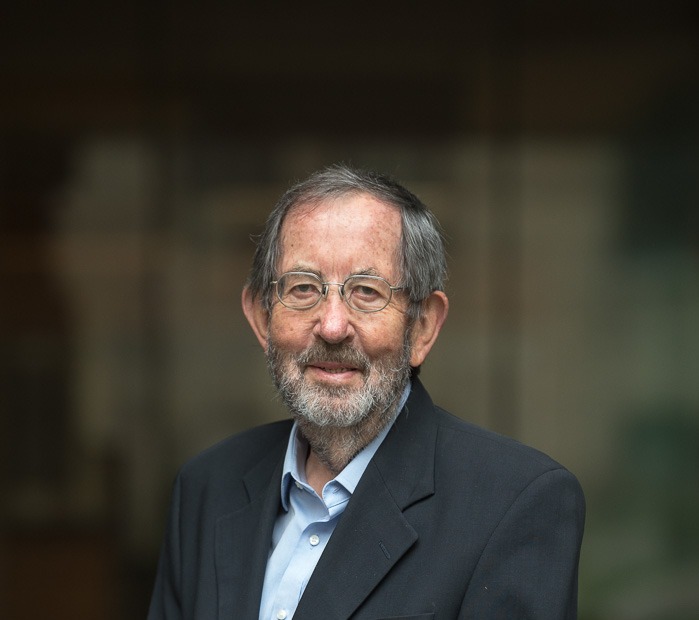

Seniors in Canada are one of the most rapidly growing segments of the population and are living longer lives than previous generations. Due to the natural process of aging leading to metabolic rigidity, and combined with their increasing population, older adults represent the largest at-risk group for overweight and obesity. Canada’s Food Guide (CFG) emphasizes the importance of healthy dietary patterns as a key part of aging well. However, the CFG makes no distinction between healthy eating patterns for younger and older adults. Should it? Guidance for healthy aging needs to consider the many factors that lead to the unique nutrient requirements of the elderly to combat the decrease in muscle mass that leads to decreased mobility and ultimately sarcopenia and immobility.
Learning Objectives:
1) To identify knowledge gaps in what constitutes healthy eating patterns for elderly individuals.
2) The importance of increased protein in the diets of those most vulnerable.
Session sponsored by NSERC Program in Food Safety, Nutrition and Regulatory Affairs
Dr. G. Harvey Anderson is Professor of Nutritional Sciences and Physiology Faculty of Medicine, University of Toronto. He holds a BSc and MSc from the Faculty of Agriculture, University of Alberta and PhD, Nutritional Biochemistry from the University of Illinois and completed postdoctoral studies at the Massachusetts Institute of Technology. He is Director of the NSERC University-Industry Program in Food Safety, Nutrition and Regulatory Affairs (PFSNRA) and past-Director of the Child Centre for Nutrition, Health and Development. He has served the University as Associate Dean School of Graduate Studies; Dean and Associate Dean, Research, Faculty of Medicine; Chair, Department of Nutritional Sciences; and as an elected member of the Governing Council. Dr. Anderson’s advocacy for university, industry and government partnerships in developing food and nutrition solutions is shown by his leadership in the formation of the University of Toronto’s NSERC-PFSNRA and as Chair of the Board of the International Life Sciences Institute, Washington, D.C. Dr. Anderson has held academic appointments at many Chinese universities where he led the development of an academic program in clinical and public health nutrition at Sun Yat-sen University of Medical Sciences, Guangzhou. His research, supported by peer-reviewed grants since 1970 has elucidated mechanisms explaining the effects of food and components on metabolism, food intake, obesity and diabetes, nutritional support in clinical settings and maternal programming of chronic disease has led to over 400 publications and the training of more than 120 M.Sc. and Ph.D. student, postdoctoral fellows and research associates.